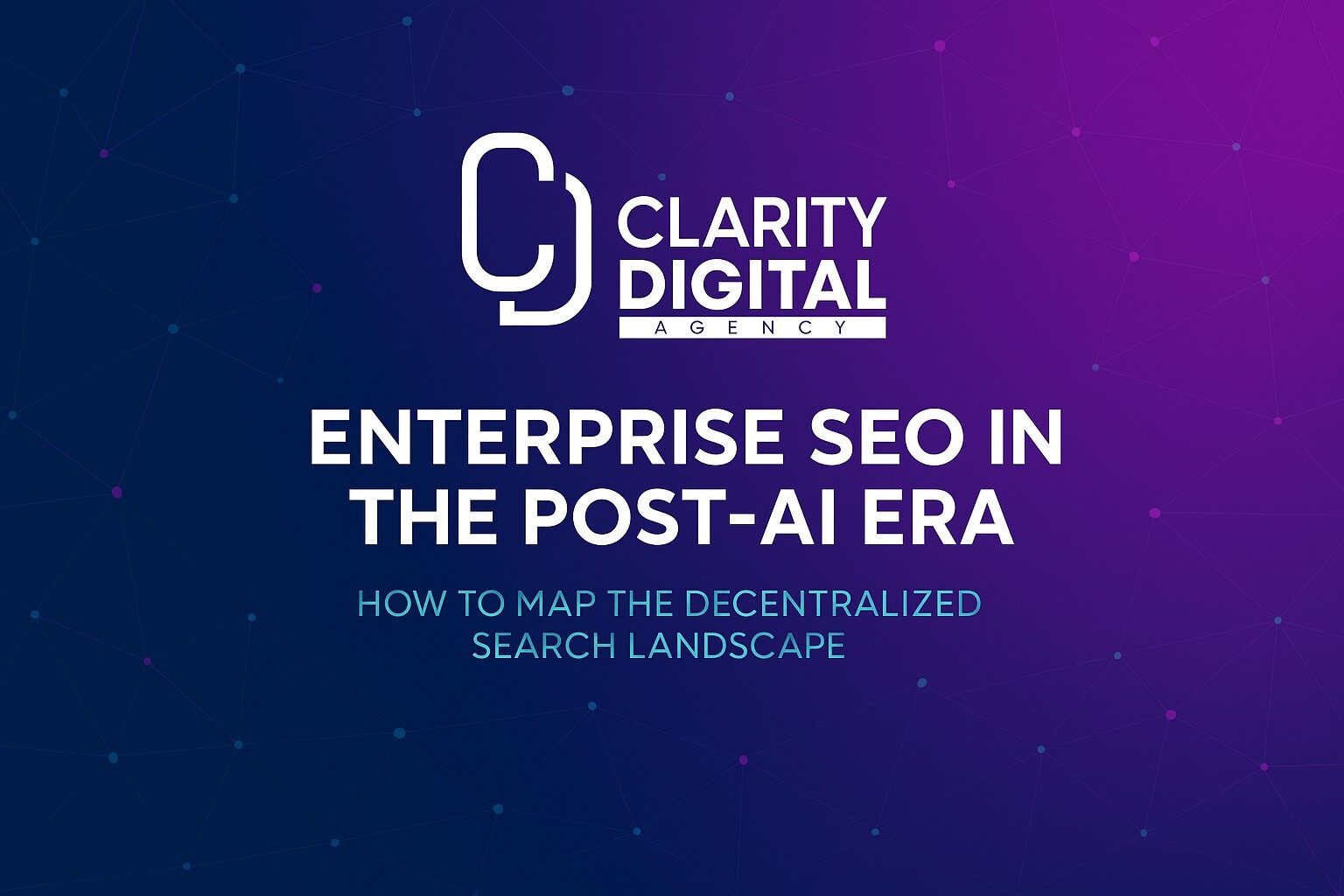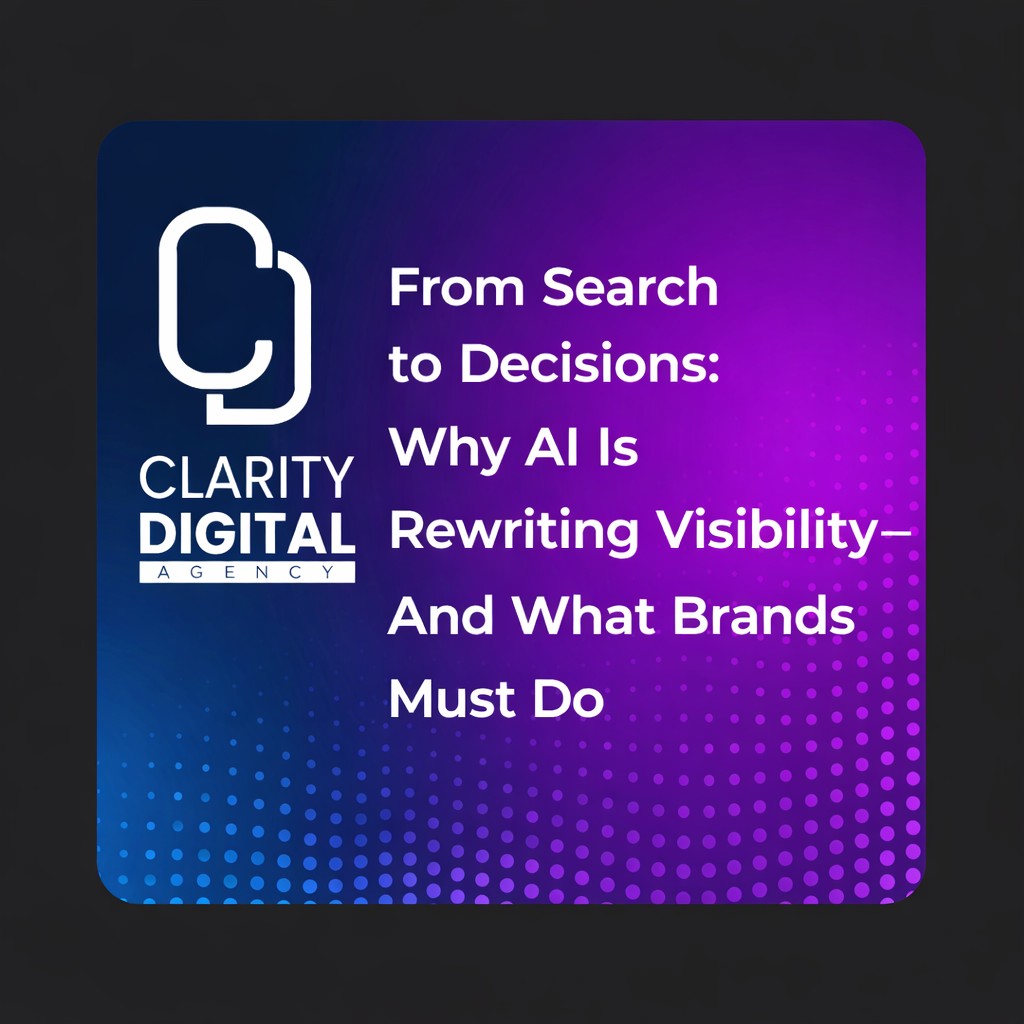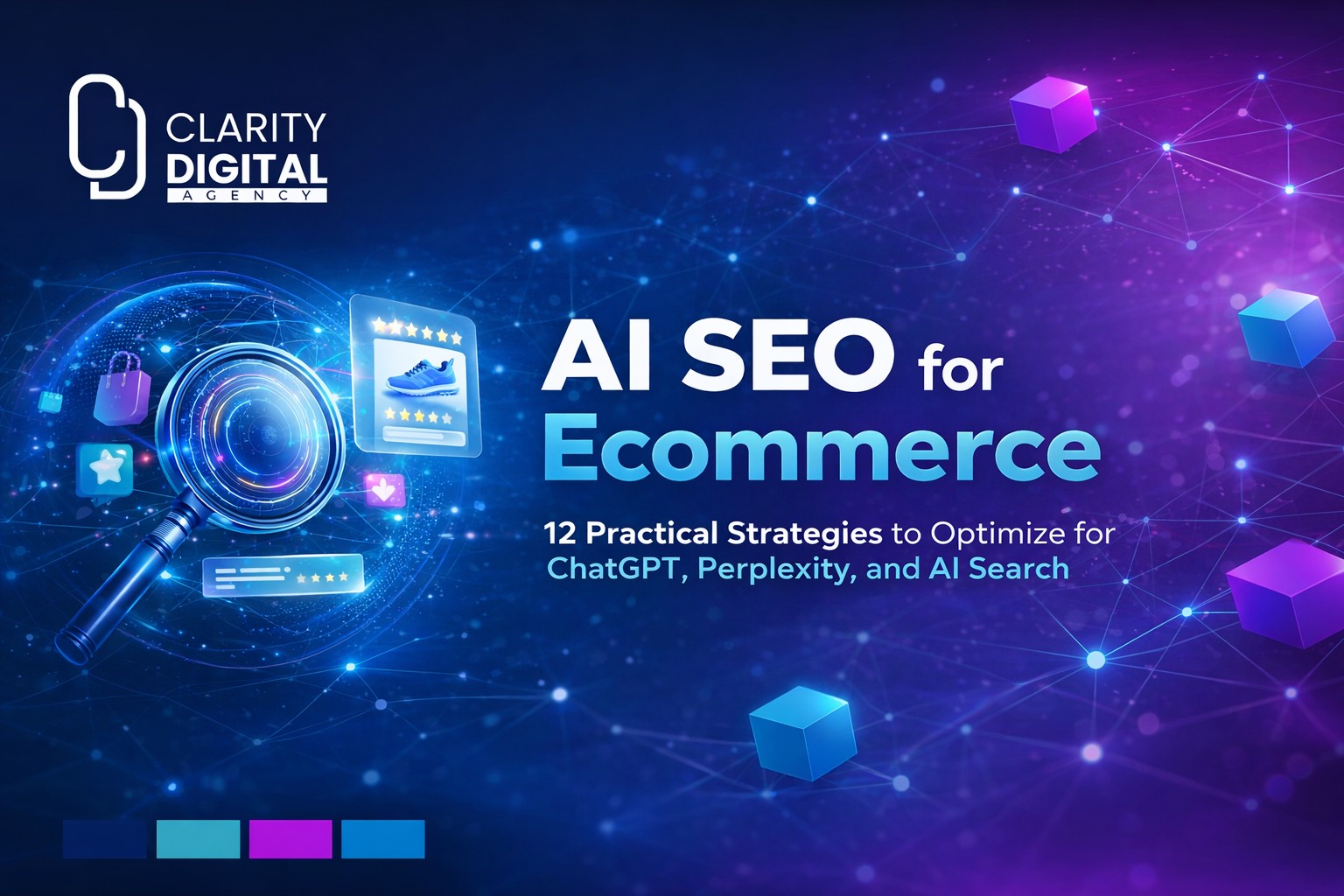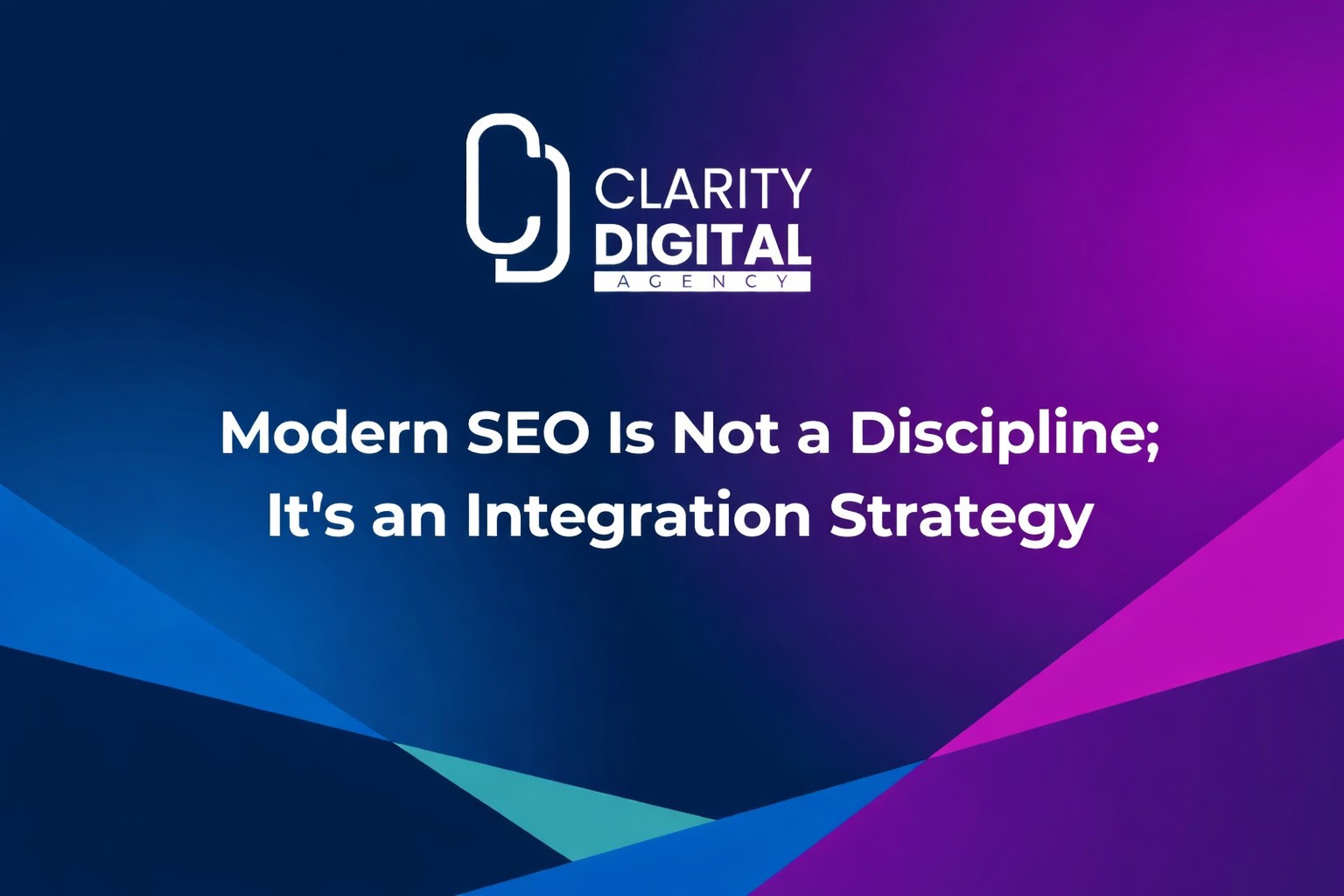The Search Engine Optimization (SEO) environment is being transformed fundamentally, driven by the ongoing evolution of Artificial Intelligence (AI). For enterprise businesses, this is not a modest adjustment but a fundamental paradigm shift in how visibility is being obtained, user intent is being achieved, and content is perceived. As a seasoned content SEO professional, I’m here to demystify how this “post-AI world” will influence your business SEO strategy and how you can not only survive but thrive.
AI’s Impact on Time-Honored SEO Habits: Much More than Keywords
Time-honored SEO has been the art of exhaustive keyword research, link building plan, and technical website optimization for decades. While these cornerstones are still relevant, AI has dramatically altered the way they’re implemented.
Search engines, driven by advanced AI systems such as Google’s BERT, MUM, and Gemini, no longer simply match keywords. They’re interpreting the intent of a user’s search, the search context, and the conceptual relationships. This implies:
From Keywords to Concepts: The focus now is from single keywords to rich topic clusters and entities. AI prefers content that shows rich knowledge and authority about a topic rather than keyword stuffing.
The Rise of Zero-Click Searches: AI Overviews (or AI-generated summaries) are now providing direct answers within search results. This has the power to bring “zero-click” searches, where the user receives what they are looking for without ever stepping onto a website. While this might sound frightening, there is some data suggesting AI Overviews can provide a boost in click-throughs for very highly cited sources.
Increased Personalization: AI utilizes user activity, device, and location to offer highly personalized search results. This makes one-size-fits-all SEO approaches ineffective, driving businesses into more understated content strategies.
Automation and Productivity: AI technology is automating a great deal of the repetitive work involved in SEO, from keyword grouping and technical audits to content writing for the first draft. This frees up SEO professionals to focus on higher-level strategy, creativity, and in-depth analysis.
Decentralizing Search: Beyond Google’s Dominance
Arguably the most significant shift of the post-AI world is the decentralization of search. Google remains king, but searching is no longer defined by a single search bar. It’s no longer people using a range of sources to search for information, products, and entertainment but actually using these services as their own personalized search engines.
Consider These Powerful Speciality Search Engines
Amazon: Amazon is the destination for product discovery. Consumers search for products explicitly, check prices, and read reviews. Product titles must be keyword-optimized, use great images, and compelling descriptions for “Amazon SEO.”
YouTube: With the second-most searched search engine on the planet, YouTube is where people go for video. People are looking for tutorials, product reviews, entertainment, and educational material. Optimization of the video title, description, tags, and making an interesting thumbnail is crucial for YouTube SEO.
TikTok: This short-form video-sharing app has rapidly become a powerful discovery engine, especially among young users. Consumers proactively hunt for trends, product recommendations, and how-to content using hashtags and sound bites. Businesses need to understand TikTok’s unique algorithm and create authentic, engaging video content to be discovered.
Other Social Media Platforms: LinkedIn, Instagram, and even specialized forums and communities are becoming discovery platforms. Consumers search for industry insights, connect with professionals, and find niche information, so a unified social media presence is becoming more critical to a more holistic SEO strategy.
The Role of Large Language Models (LLMs) on Research and SEO
The skyrocketing of Large Language Models (LLMs) like ChatGPT, Claude, and Gemini has further spurred such changes. Such applications are increasingly being used by users for research purposes, with direct answers and summaries from an expansive knowledge base. This has far-reaching consequences for SEO:
Citations Are the New Rankings: Although backlinks are still valuable, appearing as a cited source in an LLM’s answer is becoming a new metric for authority and visibility. Businesses need to create content that can be easily identified, understood, and trusted by LLMs.
Highlight Clarity and Structure: LLMs adore well-structured content that is simple and provides direct answers. Accurate headings, bullet points, concise writing, and schema markup help the LLMs to better understand and extract information.
Originality and Competence: In the midst of an avalanche of AI-generated content, originality, new insights, and evidenced competence (E-E-A-T: Experience, Expertise, Authoritativeness, Trustworthiness) matter more now than ever. LLMs are trained to prioritize high-quality, trusted sources.
Conversational Searches: With individuals interacting with LLMs conversationally, SEO strategies have to account for long-tail, question-based searches as well as natural language processing.
Actionable Insights for Shaping Your Enterprise SEO Strategy
For navigating this changing landscape, an aggressive and responsive strategy is essential. Following are actionable insights for businesses to reshape their SEO strategies post-AI:
Aligning with an Omnichannel Content Strategy: Move beyond optimizing for one search engine. Develop a content strategy that considers all the channels where your users are searching. This means creating diverse content types (text, video, short video, image) optimized to the specific quirks of each channel.
Prioritize User Value and Intent-Fulfilling Content: Rethink everything to focus intently on knowing what your users really need to accomplish when they search. Write full, detailed, and original value-based content that explicitly answers their questions, fixes their issues, or entertains them. AI favors content that is truly useful and presents a different take.
Optimize for Generative AI (GEO): Take the next step from traditional SEO and actively optimize your content to be easily read and referenced by LLMs. This includes:
Clear Structure: Use headings, subheadings, bullet points, and brief paragraphs.
Schema Markup: Utilize structured data to tell AI models about the context and relationships in your content.
E-E-A-T Signals: Show your expertise and trustworthiness through author profiles, clear credentials, and authoritative external links.
Original Research and Data: Be a primary source of information. Original research, surveys, and original thought are given a lot of value by LLMs.
Diversify Your Discovery Channels: Rely not just on Google. Actively create a strong presence on channels such as Amazon (for e-commerce), YouTube (for video), TikTok (for short-form, trending video), and the related social media sites. Each has its own potential for discovering your audience.
Invest in Technical SEO and Site Performance: While content is king, a technically sound website is still the foundation. Optimize your site to be fast, mobile-friendly, secure, and crawlable by all search engines and AI models.
Measure Beyond Traditional Rankings: While organic traffic and rankings remain important, expand your KPIs to include brand mentions in AI Overviews, social media engagement signals, and direct conversions from other search channels.
Promote Human Creativity and Governance: While AI applications can provide assistance in content development and optimization, human creativity, strategic vision, and ethical governance cannot be substituted. AI is a great facilitator, but the human touch is what truly resonates with people and develops loyalty for brands.
The business SEO world post-AI is not one of discarding old methods but refining them to meet the requirements of a smarter, decentralized, and chatty search ecosystem. Your company’s future hinges on how you ride AI’s abilities, diversify your approach, and concentrate on content that is actually worth sending. Your company can face this bright new future with optimism and continue to reach your audience wherever they are searching.
Embracing the SEO Renaissance
The decentralized search landscape is not a disruption to be feared—it is an evolution to be leveraged. As AI continues to shape how information is discovered and interpreted, enterprise SEO must mature beyond its traditional silos.
Modern search is conversational, contextual, and multidimensional. Visibility is now earned not only on Google SERPs, but across generative AI tools, product platforms, social video feeds, and niche communities. Search optimization today is about relevance, clarity, and trust—regardless of where or how the discovery happens.
The winners in this new era will be those who:
- Publish with purpose, not volume
- Build trust through structure, clarity, and depth
- Embrace AI as both a user channel and a strategic tool
- Think beyond rankings to influence and visibility at every layer of the search journey
Search is no longer a place. It’s a process—and it’s happening everywhere. Make sure your brand is part of it.
Contact Clarity Digital for a free enterprise SEO assessment and discover where your opportunities lie.





